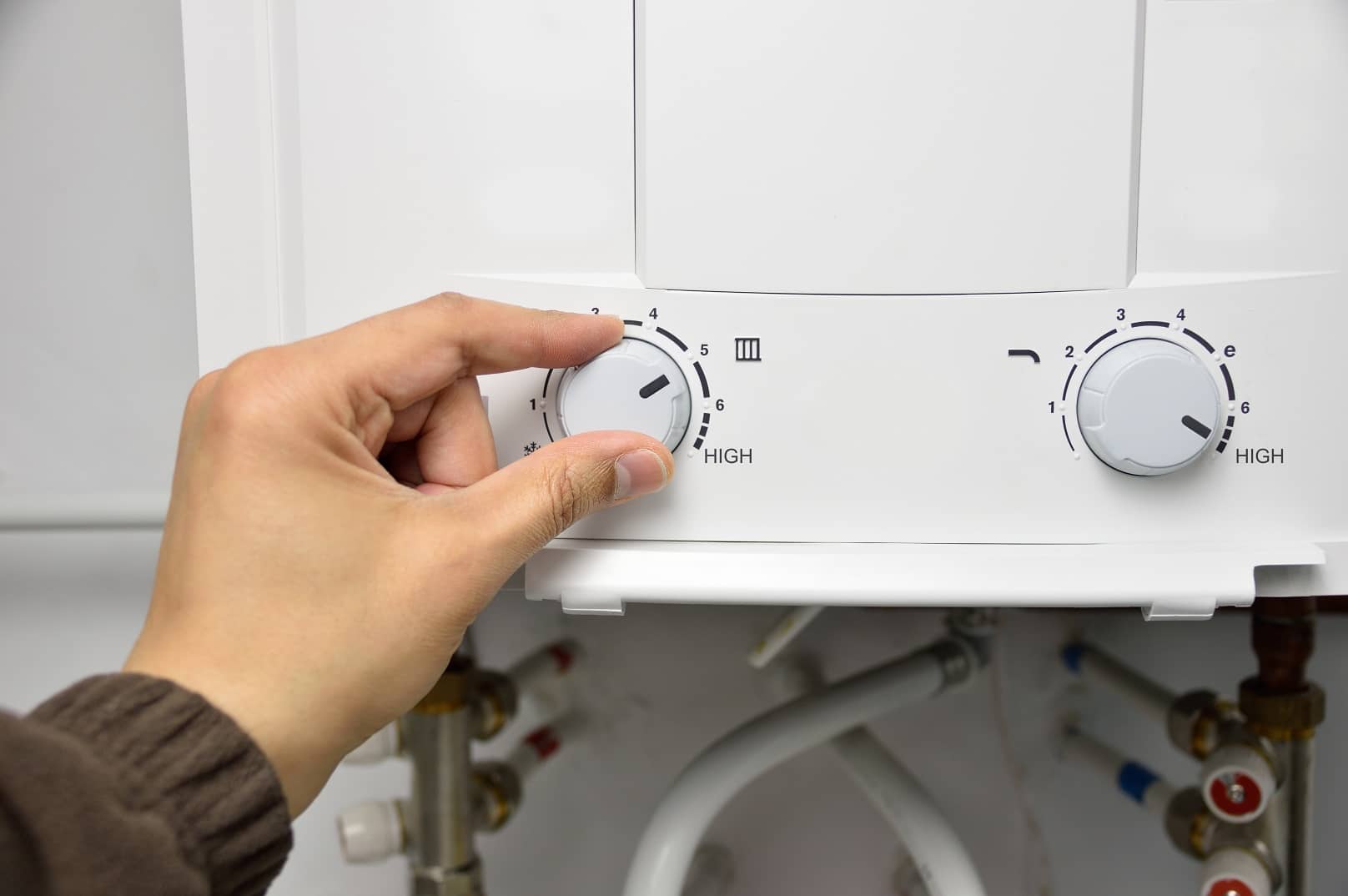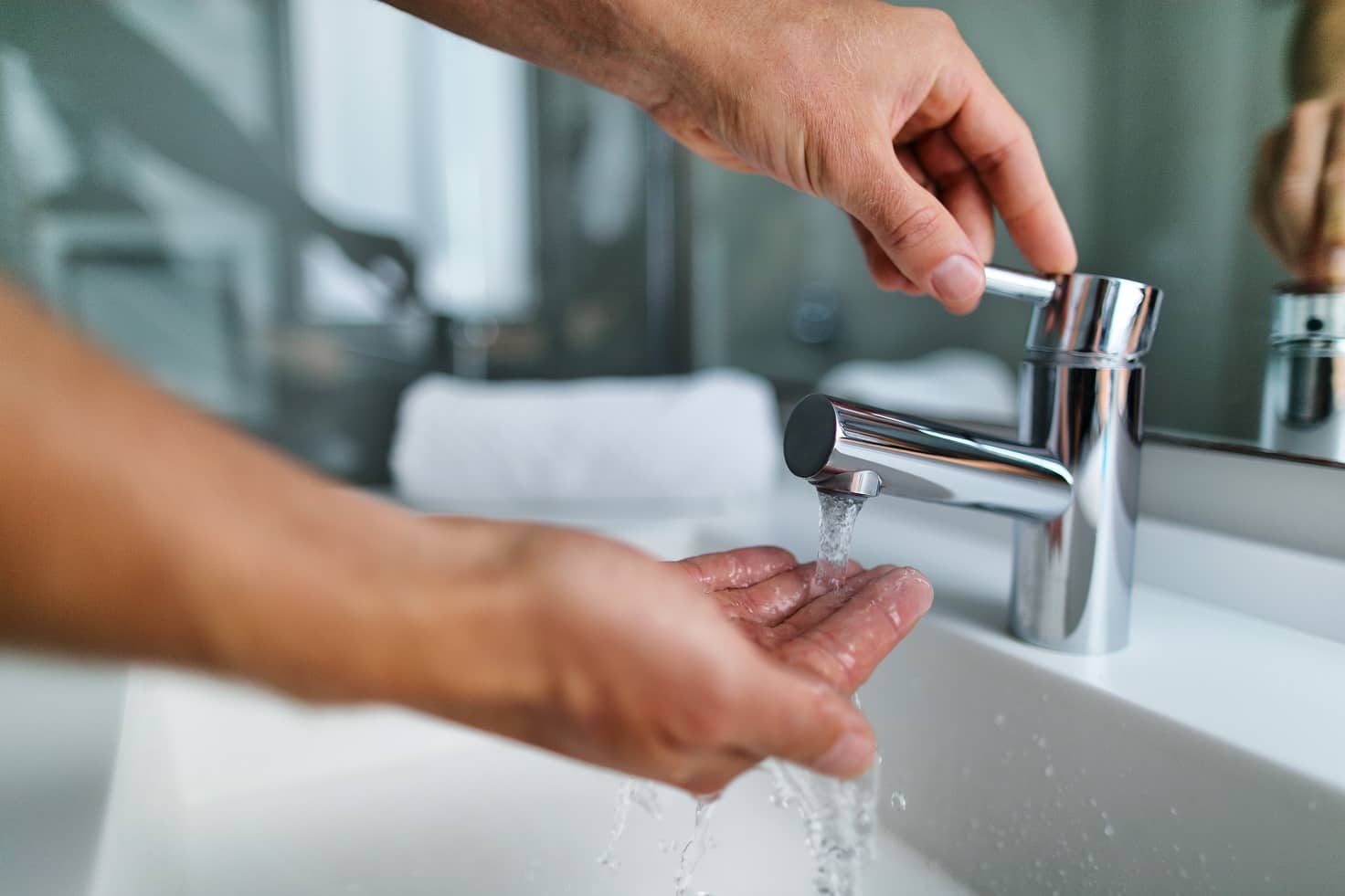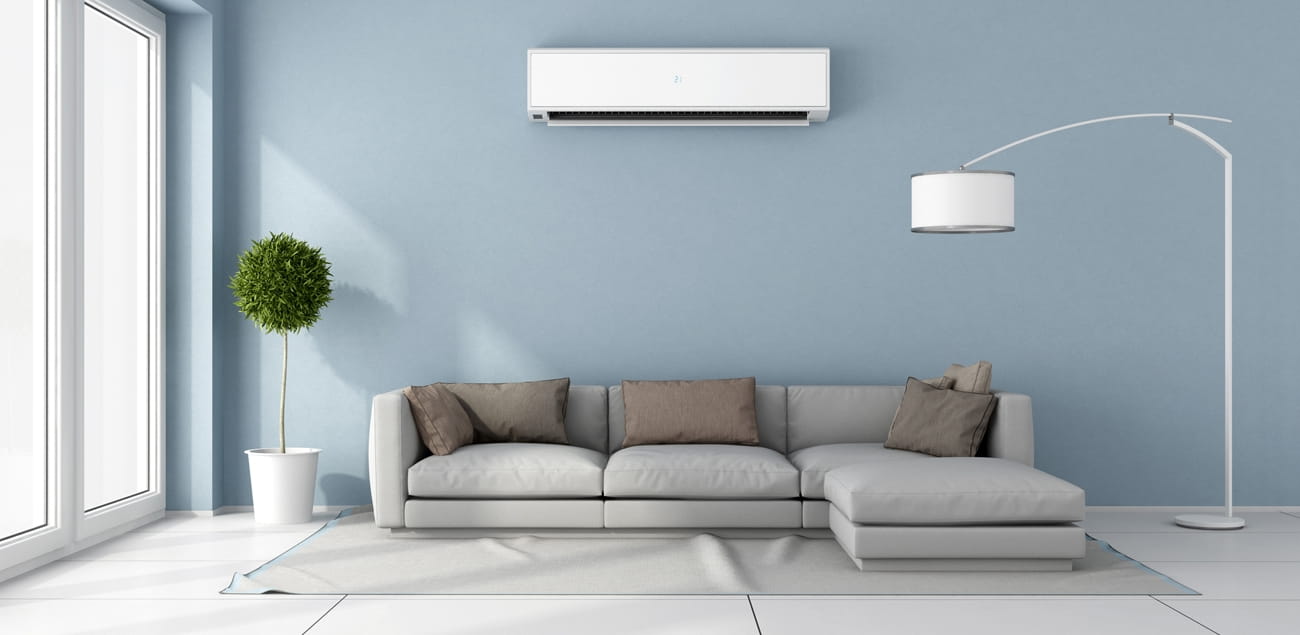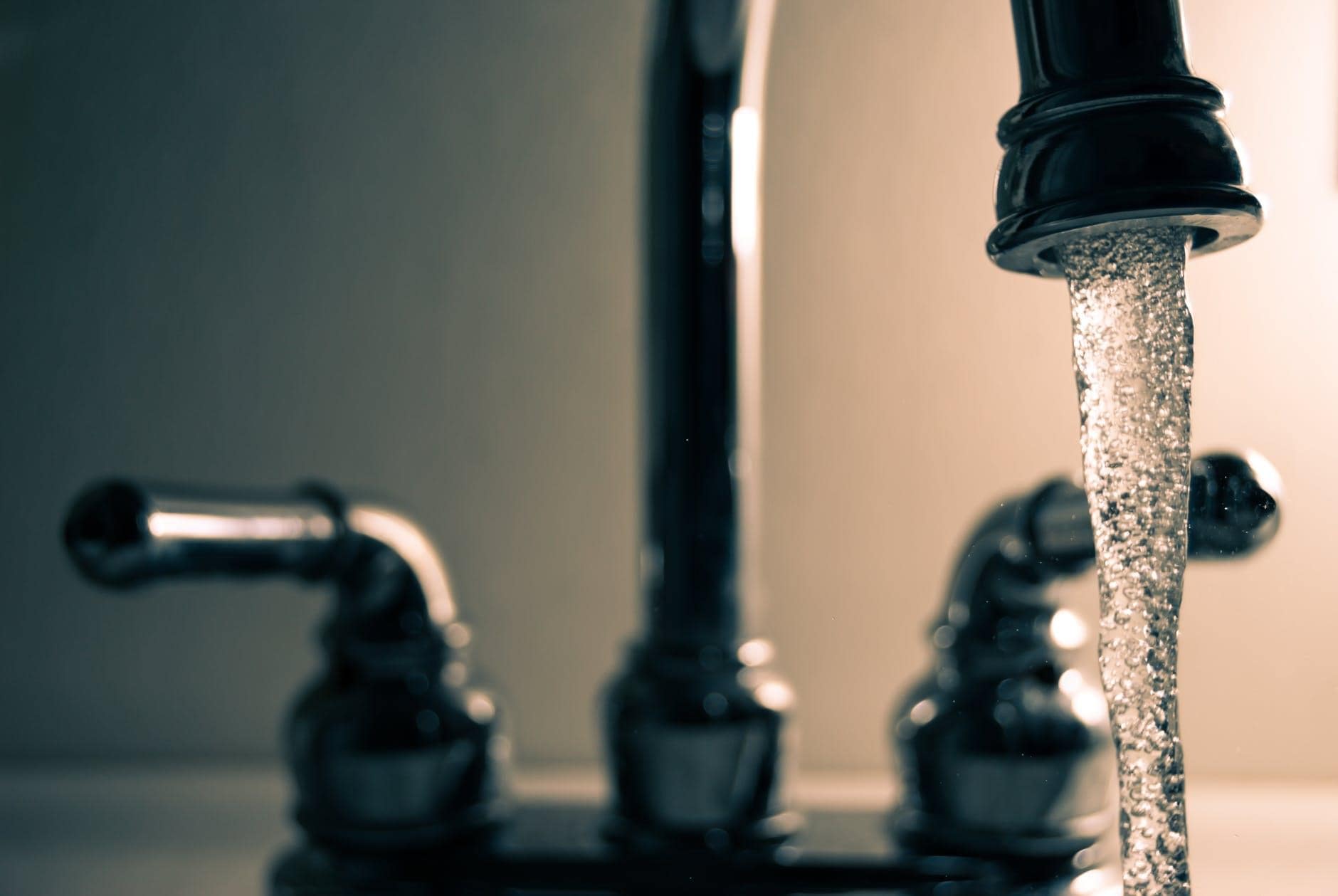Water is undoubtedly a life necessity. It helps people through daily survival. Various household activities wouldn’t be accomplished properly without the help of water, such as taking a bath, cleaning, laundry, dishwashing, and cooking, to name a few. When utilizing water for daily use, it would be of huge advantage if the water is at the right temperature according to one’s needs. Specifically, hot water is extremely required during colder months or whenever a specific household work particularly needs hot water.
Whenever you need to make your morning coffee, it’s easy to prepare hot water through boiling water in a kettle. However, how long and inconvenient would it take you to generate warm water for taking a typical morning shower? In times like this, water heaters are a relief to have.
What Is A Water Heater?
A water heater is a household or commercial fixture that heats the water coming into your home from your water source before releasing it into your faucets and showers. Typically, the water that comes from your water treatment systems is cold as they travel into your household pipes during the colder months.
This usual water temperature may not be ideal for particular household activities such as taking a hot shower or bath. Even washing clothes and cleaning the dishes need regulated temperatures since these chores involve items requiring delicate treatment.
Since there are a plethora of tankless water heaters in the market, it’s overwhelming and difficult to choose the best that would suit your needs. Thus, reading reviews from sites like waterheaterhub.com can offer great help.
What Is A Tankless Water Heater?
As its name implies, a tankless water heater doesn’t have any storage tank compared to conventional tank-type water heaters that comprise a large metal cylinder tank for water storage. Instead of heating water in advance then storing it in a tank, tankless water heaters have superheated coils that can heat water in a flash whenever you need it. That’s the reason why they’re also called demand-type water heaters.
Tankless water heaters come in various sizes depending on your household size. The more people use hot or warm water at the same time, the bigger the tankless water heater required to heat your home’s water supply.
How A Tankless Water Heater Works
When water is heated and stored in tank-type water heaters, the tank continuously heats water at a constant temperature during storage. As the tank heats stored water that remains unused, the water will experience a phenomenon called standby heat loss. To avoid this inefficient and energy-wasting heat loss, tank-types gave birth to water heaters without a tank. Hence, tankless water heaters were created.
As cold or cool water flows into the unit, a powerful heat exchanger is activated by the flow of the water. This heat exchanger is responsible for transferring heat from one source, which comes from the heat generated by a gas-fired burner or electric coils, into the cold water. After passing through the heat exchange, warm or hot water will be ready for use.
There are two classifications of tankless-type water heaters:
- Point-of-Use Heater: This type of heater is a smaller unit allotted for one to two outlets only, like for cooking purposes installed for the kitchen sink. Point-of-use heaters are ideal for preventing water loss caused by the lag time when the water heater is placed too far from the point of use.
- Whole-House Heater: On another end, a whole-house heater is meant for entire household use. While point-of-use heaters help save water, a whole-house heater is best for saving energy as there’s only a central source of hot water.
Advantages Of Using A Tankless Water Heater
First and foremost, tankless water heaters contribute to energy-saving causes. As an energy consumer, it’s essential to perform the littlest ways you can to conserve energy inside your home, and installing tankless water heaters are an excellent way to save energy. Since tankless-types don’t use tanks that cause standby heat loss, it can conserve more energy from being lost to heat water that won’t be consumed anyway.
Moreover, tankless water heaters provide hot water instantly without needing any storage tanks, and they can supply hot water despite simultaneous use. As there’s no need for a tank, tankless units don’t occupy a large space in your home.
Final Thoughts
Tankless water heaters are an excellent addition to your home. Before considering installing one, you should first be aware of what water heaters generally do, how tankless water heaters specifically work, and the benefits you can achieve from installing it.
Although tankless units have higher initial costs, with the unit itself starting at USD $1,000, tankless water heaters have relatively lower monthly costs than traditional ones. In addition, they also have a longer lifespan, which overall makes your purchase noteworthy.








